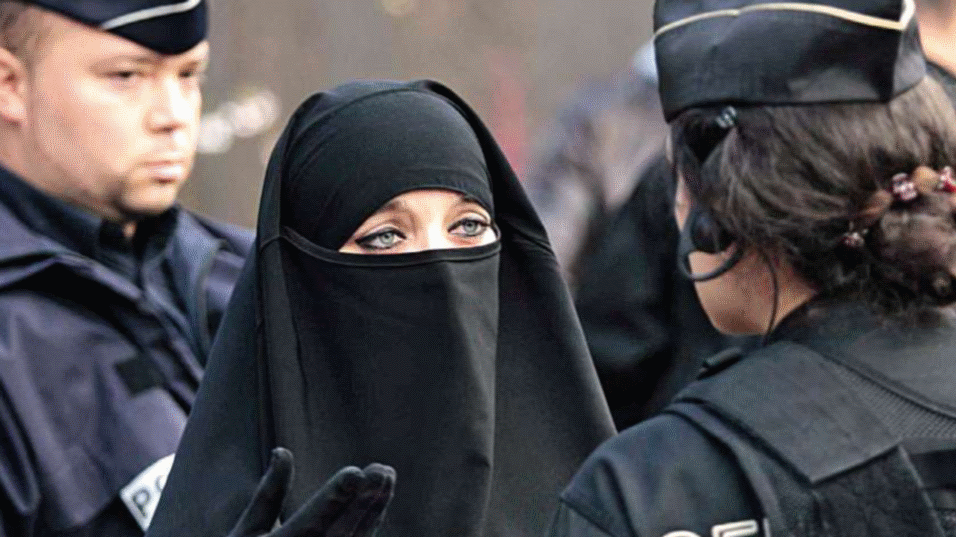Alwaght- Lawmakers in the Canadian province of Quebec have approved legislation prohibiting anyone from wearing a face-covering veil (niqab or burka) while providing or receiving municipal services.
The ban, following years of debate, has prompted a backlash from local Muslim communities who are targeted by the ban.
Under the law, which will take effect by July 1, 2018, anyone providing or receiving public services must do so with their face uncovered, unless a cover is needed because of "working conditions or task-related requirements."
This means doctors, nurses and patients, university professors and students, bus drivers and passengers, among others, are all prohibited from wearing face veils. Initially, the bill only applied to provincial services, but recent amendments expanded it to municipal services as well.
While Bill 62 does not specifically target any particular type of religious face veil, Canadian Muslims have immediately hit back at the law, which they think marginalizes Muslim women and infringes on their right to religious expression.
A member of the Canadian Council of Muslim Women, Shaheen Ashraf, said she was "disturbed and unsettled and upset" by the new law, which makes Muslim women in Quebec feel targeted.

"The message they're sending to those women is that you stay home and don't come out of your house because they are choosing to cover their faces and they cannot board a bus or use any public transportation or receive any services," she added.
” By tabling this discriminatory legislation, the Quebec government is advancing a dangerous political agenda on the backs of minorities, while pandering to bigoted populism instead of practicing principled governance,” Ihsaan Gardee, executive director of the National Council of Canadian Muslims (NCCM), said in a statement.
” The state is not neutral when it requires a woman to reveal any part of her body against her conscience as a condition to receiving a public service to which she is entitled,” added Eve Torres, NCCM Public Affairs Coordinator.



























